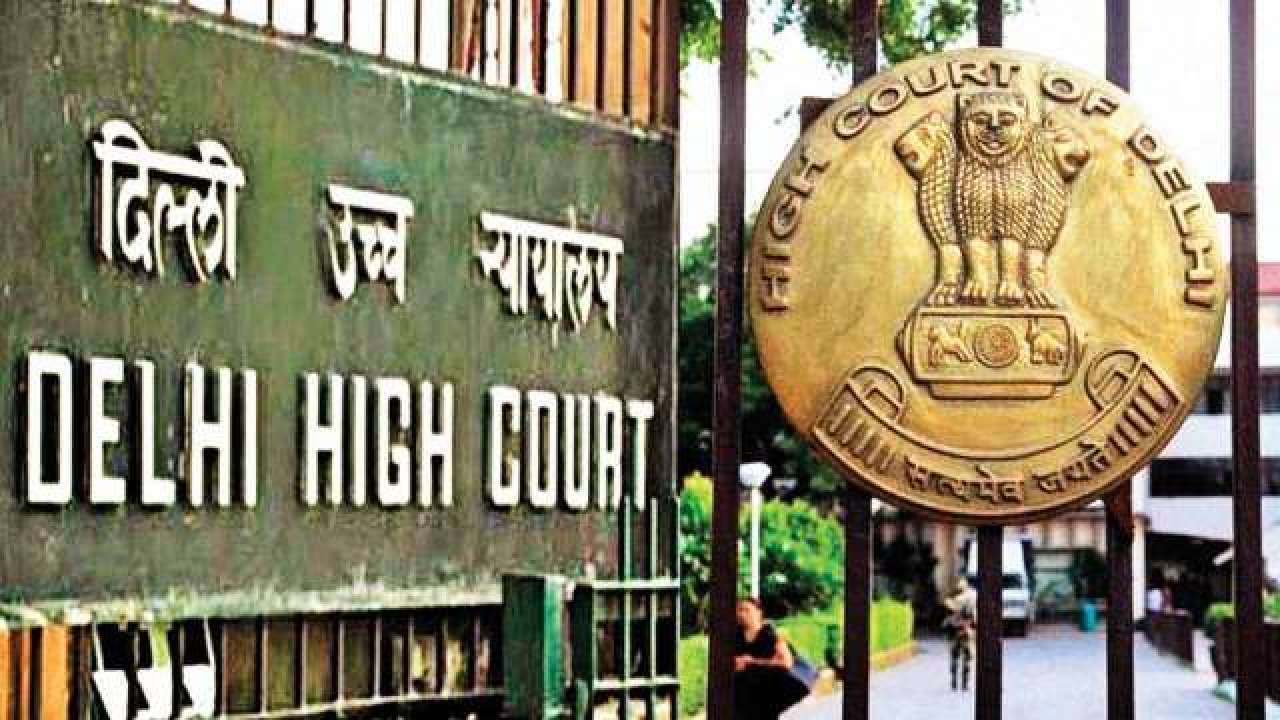Request For Expedited Surrender & Extradition Cannot Be Allowed, Till Disposal Of FIR's Against The Accused: Delhi High Court

The Single Bench comprising Justice Pratibha M Singh of Delhi High Court ruled that the request of the Petitioner- accused, for an expedited surrender and extradition, cannot be allowed, until the Petitioner continues to be an accused in the three FIRs lodged against him in Goa, India, and the said cases are pending before the domestic fora.
It is also noted that the present petition only relates to the extradition request qua the Petitioner made by the Republic of Bulgaria to the Union of India, and the Union of India has already clarified in response to the note verbale, that the Petitioner cannot be extradited to Bulgaria in view of the three pending FIRs.
The court however cleared that dismissal of petition would however not prejudice or bar the Petitioner from approaching the appropriate fora to avail of the benefit of the orders granting bail as also permission to travel abroad, in accordance with law.
The Court noted that the common refrain in all statutes and treaties appears to be that if the person, sought to be extradited, is accused of an offence in the requested state, or has been convicted in the requested state, then either the extradition proceedings itself are postponed/ adjourned, or the surrender is postponed until the conviction is undergone, or the criminal proceedings have resulted in a final conclusion/ termination.
A perusal of Section 31(1)(d) of the Extradition Act, 1962 ("Act") shows that there are two situations that are contemplated within this provision where the fugitive is not to be surrendered by the Union of India:
1. First, if the person is accused of an offence, which is not the offence in respect of which he is sought to be extradited;
2. Second, if the person is convicted of an offence in India.
In either of these cases, until and unless there is finality to the said criminal proceedings, either by means of a discharge of the accused, by acquittal or due to the complete sentence having been undergone, the surrender cannot be processed.
The phrase “or otherwise” appears as a subset of the word discharge, and hence the same would have to be interpreted as ejusdem generis and would only be deemed to mean any other form of discharge, which has a finality attached to it.
Applying this rationale to the facts of the present case, the Court concluded that where the Petitioner is an accused in three FIRs, has been granted bail in all the said three FIRs, and has even been permitted to travel abroad in two of the FIRs, the Petitioner may even be able to seek permission to travel abroad in the third FIR.
However, as the pendency of all these three FIRs is not disputed and the fact is that the Petitioner is still being tried for the said offences under the three FIRs, it is clear that the criminal proceedings against him have not concluded and he has not been conclusively discharged. The charges which have been levelled against him in the said FIRs are still under investigation, and he has not been acquitted or discharged in the same.
Thus the grant of bail or the permission to travel abroad in pending cases/ FIRs would not be covered by the phrase “discharged, whether by acquittal or on expiration of his sentence or otherwise” under Section 31(1)(d) of the Act.
Section 31(1)(d) of the Act, restricting the surrender of an accused fugitive squarely applies to the case of the Petitioner as he is still an accused in India, with cases and charges pending to be investigated and determined against him.
Accordingly, the High Court held that an order of bail or an order permitting him to travel abroad would not constitute `discharge’ under Section 31(1)(d), and the said prohibition would therefore be applicable.
Case Title: Milen Ivanov Davranski Vs UOI| W.P.(C) 1541/2021 & CM APPL. 8482/2021
Law Point/Statute Involved: Section 31(1)(d) of the Extradition Act, 1962
